The Chung Yeung Festival, celebrated on the ninth day of the ninth lunar month, is a cherished occasion in Chinese culture that honors ancestors while embracing nature.
This festival has deep-rooted historical significance, tracing back to ancient times when it was believed that climbing high places would ward off misfortune and invite prosperity. This tradition aligns with another beloved celebration—the Mid-Autumn Festival—which occurs just two weeks earlier during the full moon. Together, these festivals highlight not only cultural values but also shared themes of family unity and remembrance.
As we delve into the origins of the Chung Yeung Festival, we discover its connection to a legend from over 2,000 years ago.
According to folklore, a wise man named Wang Tao warned his family about an impending disaster by instructing them to climb a mountain on this specific day. Those who heeded his advice survived while others perished. This event gave rise to customs such as hiking up mountains or hills to commemorate loved ones and seek blessings for health and longevity. The act of honoring ancestors by visiting their graves has since become integral to both Chung Yeung and related autumn celebrations.

Meanwhile, the Mid-Autumn Festival finds its roots in agrarian society’s gratitude towards harvests under bright full moons.
CoIt celebrates reunion and harmony among families as they gather together for mooncake feasts beneath shimmering night skies. Stories surrounding this festival often feature Chang’e—the Moon Goddess—and her love story with Hou Yi, intertwining romance with celestial mythology. The round shape of mooncakes symbolizes completeness and unity—echoing how both festivals emphasize familial bonds while inviting reflection on one’s heritage.
Today, although modernity has altered some practices associated with these festivals, their core essence remains intact across generations.
Families continue to celebrate by ascending mountains during Chung Yeung and sharing mooncakes at home during the Mid-Autumn Festival—all while passing down stories that preserve cultural identity amidst globalization’s tide. As we honor these traditions today through festive gatherings or simple acts like lighting lanterns or paying respects at ancestral gravesites—we connect ourselves not just with our past but also strengthen our ties within communities celebrating similar legacies worldwide.



